February 13, 2023
Childhood’s end for work and the need for a grown-up conversation about it
 Arthur C Clarke’s finest novel Childhood’s End is the story of an Earth that is invaded by a force of alien Overlords. This is not a destructive colonial invasion, which is why there’s no Hollywood blockbuster in the tale, but a seemingly benevolent intervention which ushers in a golden age for humanity. Although humankind initially does not get to meet the Overlords in person (for reasons I won’t give away here), the aliens unite the world’s governments, eradicate crime, conflict and the nation state and do away with the need for creativity and hard work. It is the literal end of history.
Arthur C Clarke’s finest novel Childhood’s End is the story of an Earth that is invaded by a force of alien Overlords. This is not a destructive colonial invasion, which is why there’s no Hollywood blockbuster in the tale, but a seemingly benevolent intervention which ushers in a golden age for humanity. Although humankind initially does not get to meet the Overlords in person (for reasons I won’t give away here), the aliens unite the world’s governments, eradicate crime, conflict and the nation state and do away with the need for creativity and hard work. It is the literal end of history.






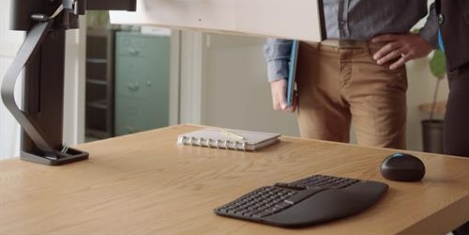
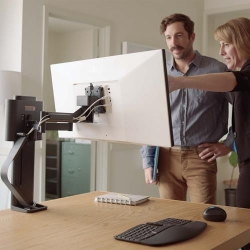



 A new report from the RSA and Vitality warns of the potentially serious impact on the long-term physical and mental health of employees. The authors claim that the ‘long lockdown effect’ should lead employers to see health and wellbeing as important strategic issues and place them on the company’s risk registers. With the shift to more flexible working cultures now set to continue,
A new report from the RSA and Vitality warns of the potentially serious impact on the long-term physical and mental health of employees. The authors claim that the ‘long lockdown effect’ should lead employers to see health and wellbeing as important strategic issues and place them on the company’s risk registers. With the shift to more flexible working cultures now set to continue, 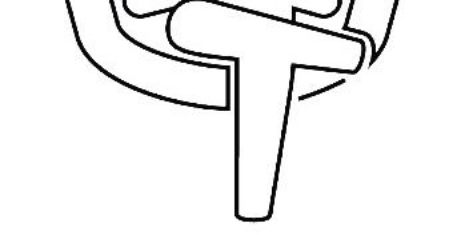
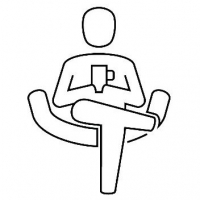
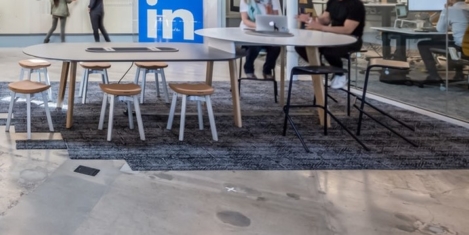
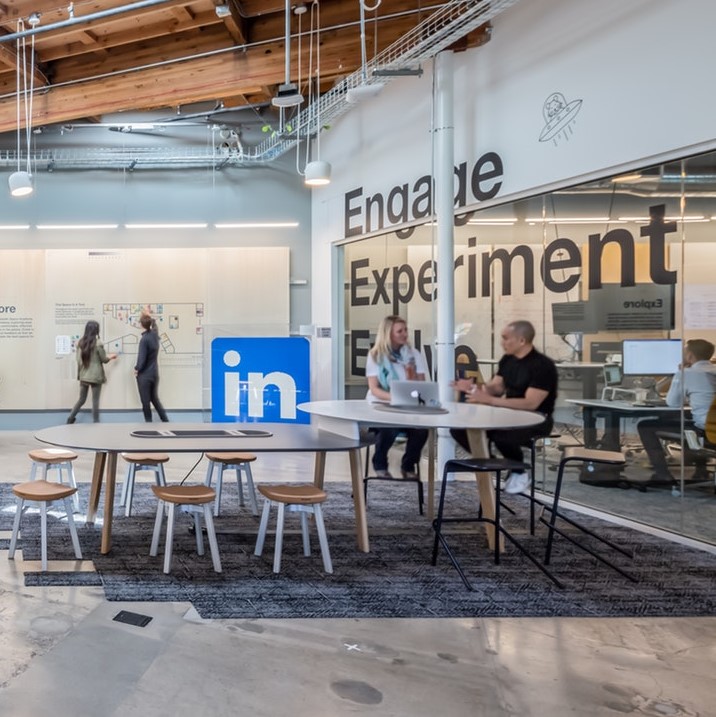


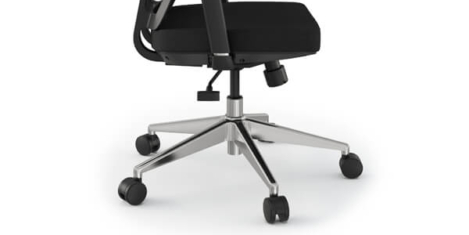
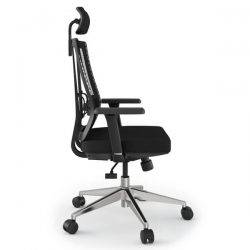
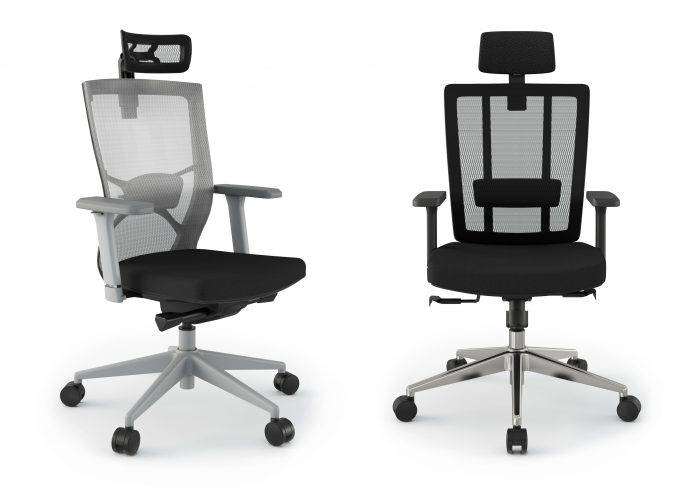
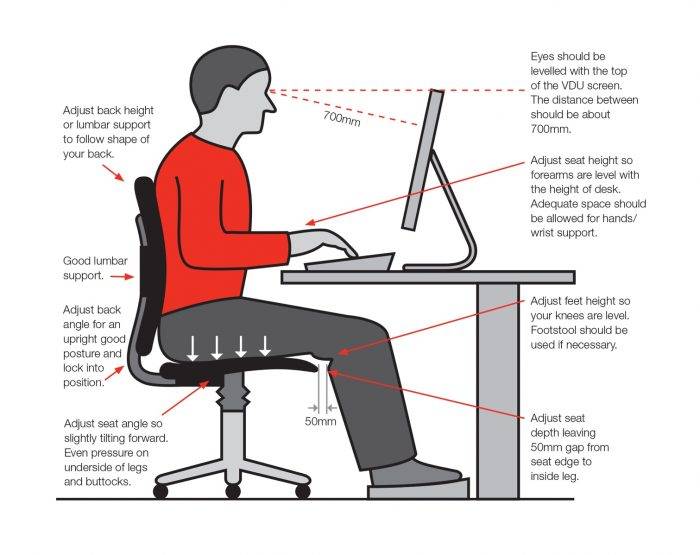

 Half of employees say that their working environment has a negative effect on their mental health (51 percent) and wellbeing (49 percent) and two-thirds (67 percent) say that they only ‘sometimes, rarely or never’ feel valued at work. The research by Peldon Rose shows that two-thirds of employees (64 percent) currently have poor or below average mental wellbeing and that the majority (56 percent) claim increasing workloads, followed by a lack of time to focus on wellbeing and exercise (46 percent) are the leading causes of their stress. While half of employees think introducing exercise facilities will help them to better tackle their workplace stress (50 percent) – less than a fifth of workplaces (16 percent) currently provide these facilities, something employers should consider when looking to boost the morale of their workforce.
Half of employees say that their working environment has a negative effect on their mental health (51 percent) and wellbeing (49 percent) and two-thirds (67 percent) say that they only ‘sometimes, rarely or never’ feel valued at work. The research by Peldon Rose shows that two-thirds of employees (64 percent) currently have poor or below average mental wellbeing and that the majority (56 percent) claim increasing workloads, followed by a lack of time to focus on wellbeing and exercise (46 percent) are the leading causes of their stress. While half of employees think introducing exercise facilities will help them to better tackle their workplace stress (50 percent) – less than a fifth of workplaces (16 percent) currently provide these facilities, something employers should consider when looking to boost the morale of their workforce.







December 31, 2023
Stanley Green, protein wisdom and the perils of sitting down 0
by Mark Eltringham • Comment, Furniture, Wellbeing, Workplace design